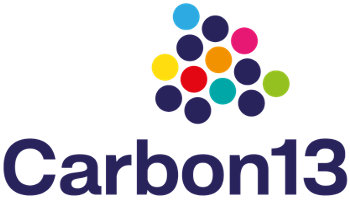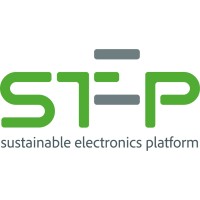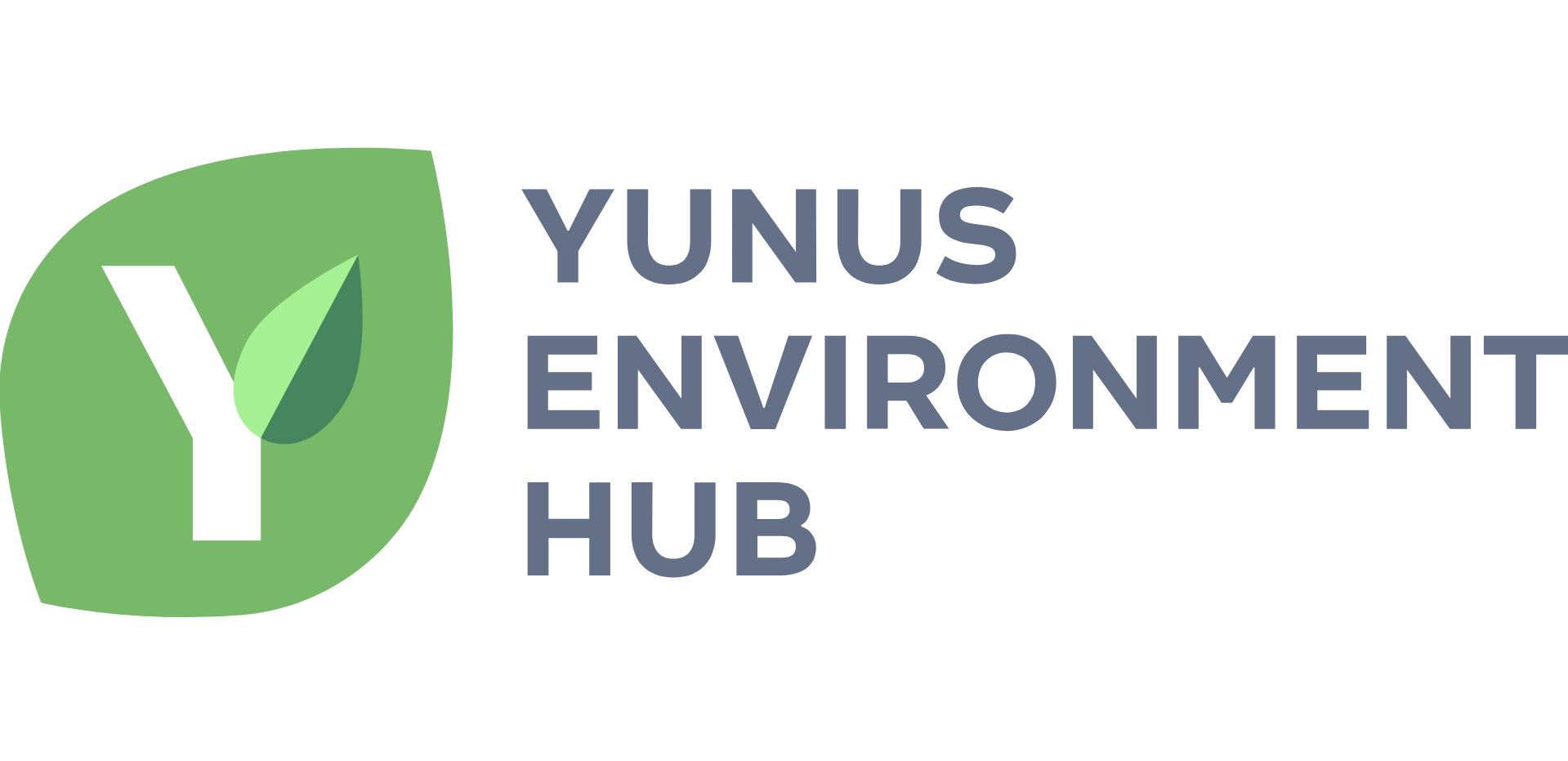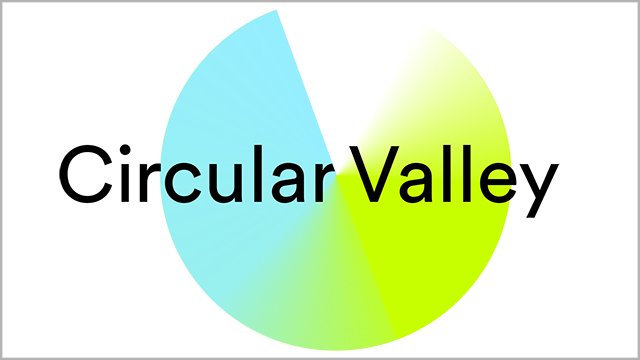Legacy Systems Limiting Recyclers
Today's recyclers struggle with fragmented data, manual compliance, and zero operational visibility
Drowning in Spreadsheets
Manual data entry across disconnected systems
No Centralized Hub
Critical information scattered across emails & legacy software
Mandatory Regulations
Sea of compliance requirements with no automated reporting
Zero Throughput Visibility
No accurate estimates to maximize operations
Building the Digital Backbone for Circular Electronics
Adaptive modules working in perfect harmony transforming data chaos into operational excellence
Platform Modules
Data Processing Core
Transform fragmented data streams into structured, actionable intelligence
AI Analytics Engine
Predictive insights that optimize throughput and resource allocation
Compliance Engine
Automated compliance validation for WEEE, EPR, and ESG requirements
Workflow Automation
AI agents that handle scheduling, procurement, and logistics
Data Processing Core
Transform fragmented data streams into structured, actionable intelligence
Closing the Loop: OEMs to Recovery
A complete circular ecosystem connecting manufacturers to certified recyclers
SWaMP Platform
Circular Hub
The scale of the opportunity
Electronic waste is the fastest-growing waste stream globally and one of the most valuable to recover
that is lost every year
of global waste collected & recycled
of CO₂e diverted from landfill
Measurable Operational Gains
Proven efficiency improvements across recycling operations
Supported By
Trusted partners in our circular economy mission
Ready to Modernize Your Recycling Operations?
Schedule a demo or Fill out the form below
Quick Actions
"SWaMP helped us digitalize operations, track materials efficiently, and strengthen relationships with manufacturers."
Managing Director
European Recycler










